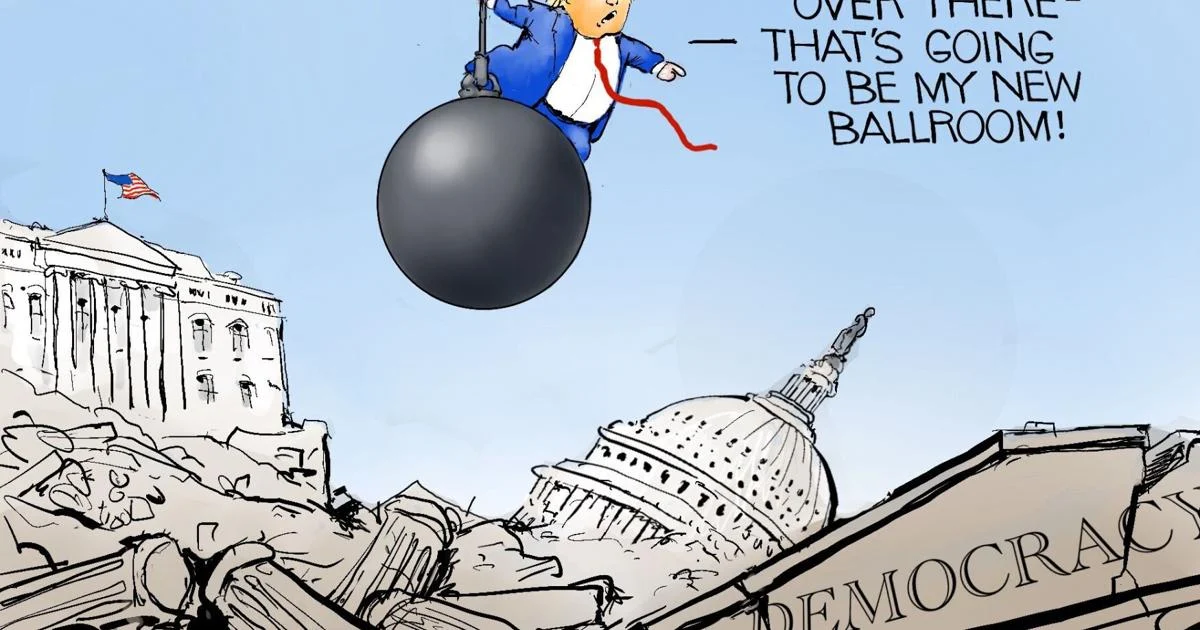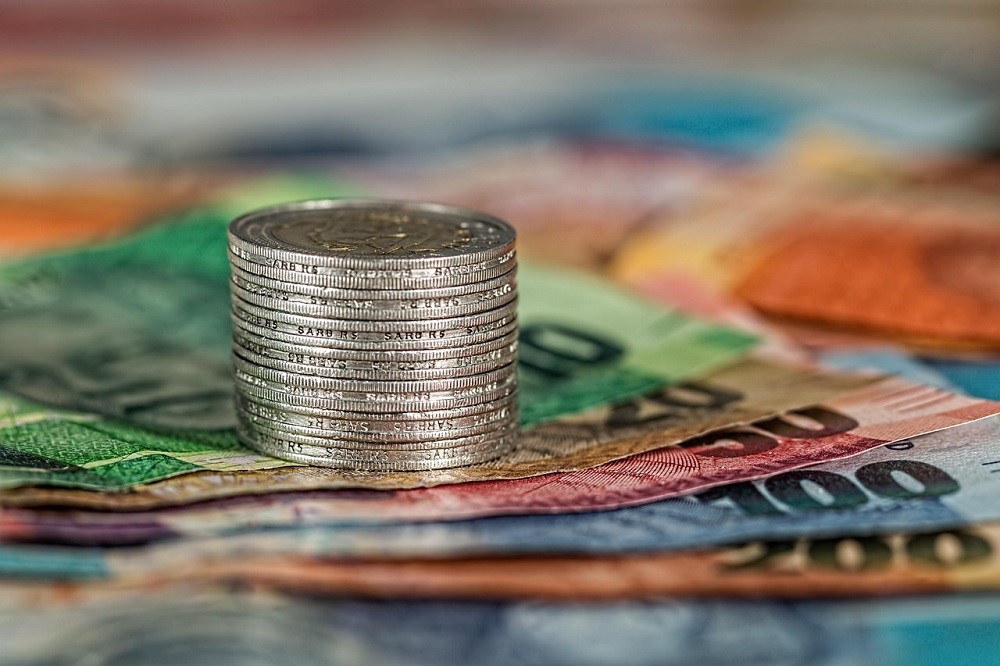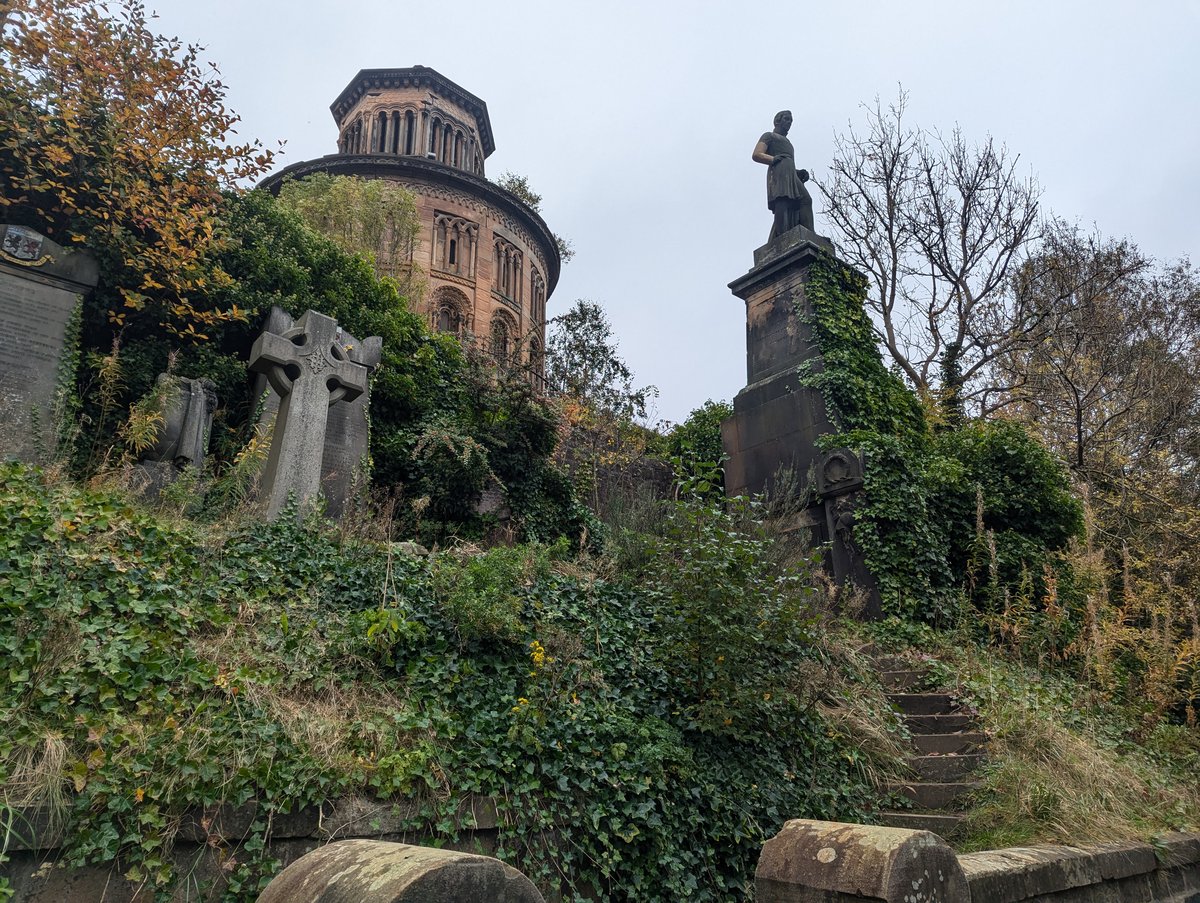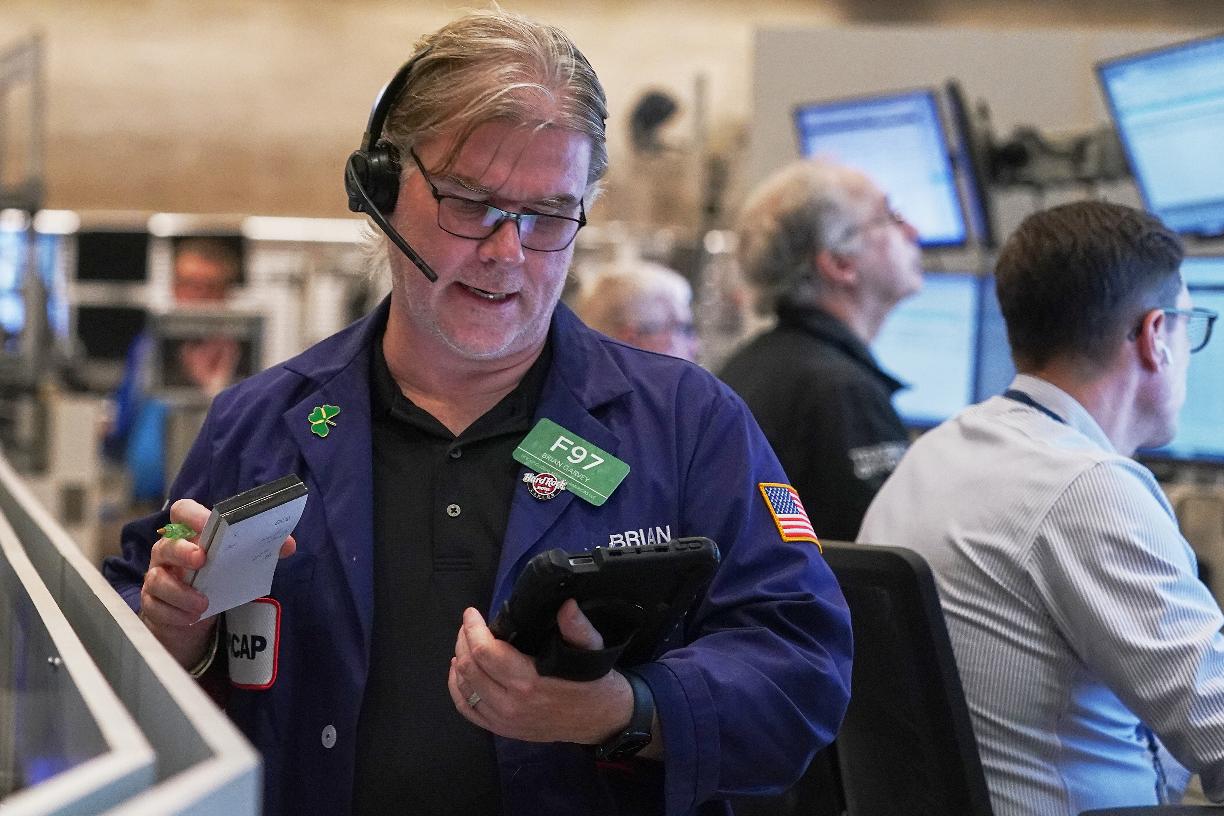Copyright berkshireeagle

Greetings from France, a nation in crisis. Of course, France is always in crisis, a condition that — along with the country’s excellent food, beautiful women and world-class museums (the Mona Lisa says hi!) — explains why I enjoyed living here for 10 years and keep coming back. Never a dull moment. The current crisis, like many of its predecessors, is so typically, incomprehensibly French as to defy explanation. Let’s just say that the government is spending too much money, and that its mossbacked political parties cannot agree on a tax plan to prevent fiscal unpleasantness. That, in turn, is largely because leaders of the major parties — President Emmanuel Macron’s centrist Renaissance and the center-right Les Republicans, along with a sizeable leftist coalition — consider horse-trading and deal-cutting as beneath them. The parties exist largely to protect their own parliamentary standing and to block the rising, neofascist National Rally party from horning in. The French, along with everybody else in the world, seem far more interested this week in a power struggle taking place a few miles north. Britain’s King Charles III just stripped his brother, the former Prince Andrew, of all royal titles and perquisites, including his 50-room residence near Windsor Castle. Andrew’s mistake, of course, is getting caught up in a scandal involving a then-underage girl reportedly sent his way by the financier and sex trafficker Jeffrey Epstein. The girl later committed suicide, but not before writing a tell-all memoir mentioning the now non-prince. This is hardly British royalty’s finest hour. Ah, royalty: that romantic realm of kings and queens, pomp and elegance, all designed to lull ordinary folks into loving the unelected royal family whose gilded comforts they subsidize. Monarchy has been around at least since Egypt’s pharaohs 5,000 years ago. After peaking in the 17th century, however, royalty as a form of government encountered a growing backlash against its cost and unaccountability. Countries began dropping their kings and queens — often violently — for republics with elected politicians. Even the 40 or so royal families that survive are little more than figureheads with nice lodgings, purely symbolic duties and little actual power. Perhaps there’s one exception: Donald Trump, elected leader of a country that dumped its kingly overlord nearly 250 years ago, is making his royal aspirations increasingly clear. In addition to amassing enough power to make a modern monarch jealous, he has been mentioning the K word with notable boldness. In February, the White House shared AI-generated illustrations of Trump wearing a crown and, in one, also a kingly ermine robe. A month later, the president shared an image labeled “Kings” and featuring a man with a MAGA blazer and the crown-wearing head of a lion. More seriously, Trump has made claims about having unlimited authority as president, as well as “the right to do whatever he wants.” A federal judge warned that such remarks could put democracy on a “slippery slope” to authoritarianism. They also led some Americans to suspect that Trump really does want to become not just a plain old authoritarian but a king — and maybe even pass the business along to one of his heirs. In response, civic and political groups across the country have been organizing “No Kings” protests against Trump’s royal aspirations and his performance as president — especially on the economy. (The latter was no doubt a major factor behind his party’s poor showing in this week’s off-year elections.) The most recent “No Kings” gatherings, on Oct. 18 in 2,700 cities and towns, drew 5 to 6 million participants. Trump has seemed torn between outrage and flattery at the exertions of his opponents, though he rejects their premise. “They’re referring to me as a king,” he told Fox News. “I’m not a king.” That same day, however, a Trump campaign social media account posted an AI-generated video showing him dressed as a king, wearing a crown and waving from a balcony. He also released an AI video of himself, again in a crown, piloting a fighter jet marked “King Trump” and dropping a brown sludge resembling excrement on the “No Kings” protesters. Harmless satire? No doubt, but maybe also a subliminal expression of Trump’s inner yearning for kingly powers and, of course, prestige. France’s political scene these days might seem a little quiet compared to that of its longtime ally across the Atlantic. But let’s recall that, only a few years after the Americans revolted against their British overlord, the French stormed the Bastille and got rid of their king, too. Only that guy was not 3,000 miles away but right on their doorsteps. Indeed, Louis XVI and his regime were just as entrenched and arguably more horrible than George III and his. The French Revolution, though bloody and traumatic, has long served as a cautionary lesson for would-be kings and dictators everywhere. So, not incidentally, has the fact that France’s 1789 rebellion was partly triggered by royal mishandling of an economic crisis involving government debt, soaring consumer prices and an inability to implement tax reforms. Sound familiar? For 10 years, I got a reminder of the revolution that toppled France’s last king whenever I stepped out of my apartment building, hard by the ruins of the Bastille. Let’s hope Donald Trump knows his history.



